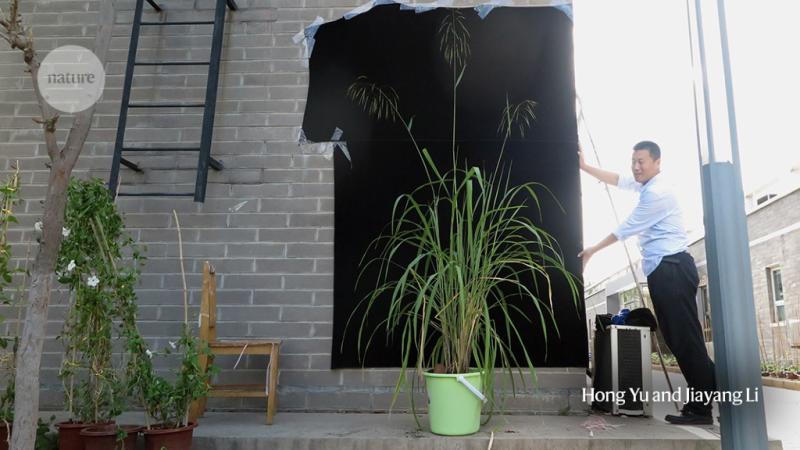A recent article caught our attention at HRB as it resonates with our mission: Scientists are domesticating wild species ( 🍚 rice, 🍅 tomato, 🥔 potato, 🏵 wild groundberry) using #CRISPR technology, aiming to transform them into viable crops. This “editomestication” process can be done within years, while traditional domestication could take millennia, and holds immense potential for global food security under changing climate conditions.
Besides the significant technical challenges, this ambitious goal faces serious ethical concerns, particularly regarding #indigenousknowledge exploitation. Indigenous communities have long been the anonymous pioneers in selecting and improving wild species through their profound understanding of local ecologies and plant behaviour.
🌱 Editing wild species for commercial exploitation should be compatible with recognizing the intellectual property and cultural heritage of Indigenous communities. This involves properly acknowledging and compensating these communities and actively avoiding cultural appropiation. As a leader in plant gene editing, at HRB we not only understand the technical complexities but also the ethical considerations involved. We aspire to integrate it ethically into our scientific innovation for a more inclusive and informed approach to advance agriculture.
This #editomestication approach showcases the much needed further discussion to balance innovation and careful consideration for cultural heritage and ethical considerations.
https://lnkd.in/ef7AF7gf
For further insight into this important topic, we recommend also checking this recent review with a complementary perspective on the technical and ethical dilemmas plant gene editing is facing:
https://lnkd.in/ePfMzmKh
